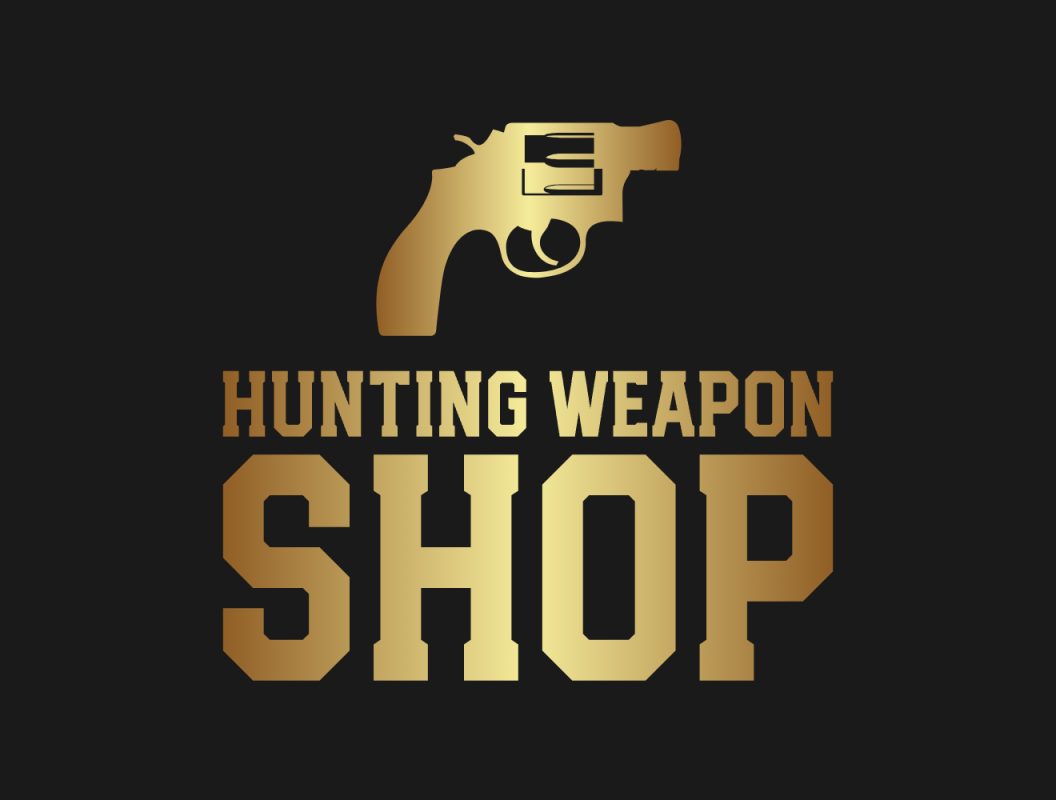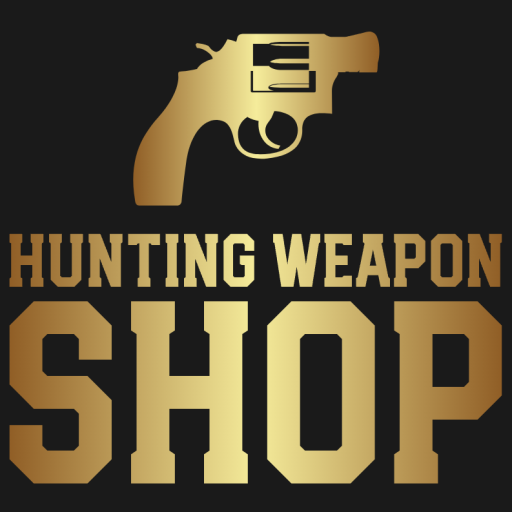- Rifles: Used for hunting larger game like deer, elk, and moose. Common types include bolt-action, semi-automatic, and lever-action rifles.
- Shotguns: Primarily used for hunting birds and smaller game, but also effective for some larger game like deer. Common gauges include 12 gauge, 20 gauge, and 16 gauge.
- Muzzleloaders: Historically significant firearms that use black powder and a muzzle-loading mechanism.
FAQ
1. What are the most common types of hunting guns?
2. What factors should I consider when choosing a hunting gun?
- Game type: The type of animal you intend to hunt will significantly influence your choice of firearm.
- Hunting style: Consider factors like stalking, stand hunting, or driven hunts.
- Personal preferences: Factors like recoil sensitivity, budget, and desired level of accuracy will play a role.
- Legal requirements: Ensure the chosen firearm complies with all applicable state and federal hunting regulations.
3. What are the essential safety rules for handling hunting guns?
- Treat every firearm as if it were loaded.
- Always point the muzzle in a safe direction.
- Keep your finger off the trigger until ready to shoot.
- Be sure of your target and what is beyond it.
- Never climb a fence or tree with a loaded firearm.
- Unload firearms when not in use and store them safely.
4. What is the importance of proper gun maintenance?
- Ensures reliable function: Regular cleaning and maintenance prevent malfunctions and ensure the firearm operates safely and effectively.
- Maintains accuracy: A clean and well-maintained firearm will shoot more accurately.
- Increases longevity: Proper care extends the lifespan of your firearm.
5. Where can I learn more about hunting gun safety and regulations?
- Hunter safety courses: These courses provide essential information on firearm safety, hunting regulations, and ethical hunting practices.
- State wildlife agencies: Contact your local wildlife agency for specific information on hunting regulations in your state.
- National Rifle Association (NRA): The NRA offers a wide range of educational resources on firearm safety and hunting.


